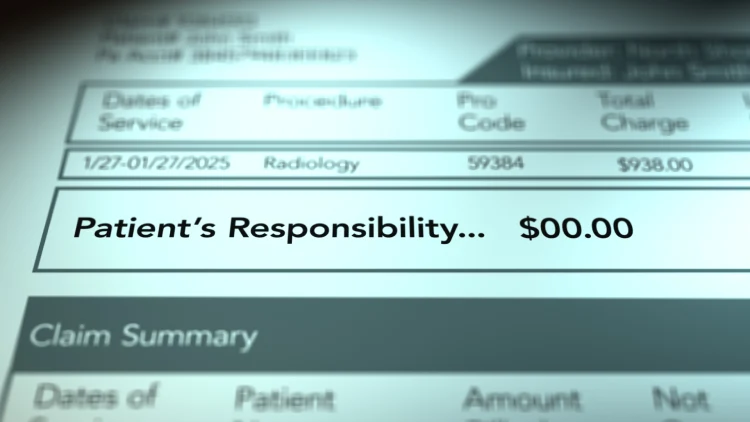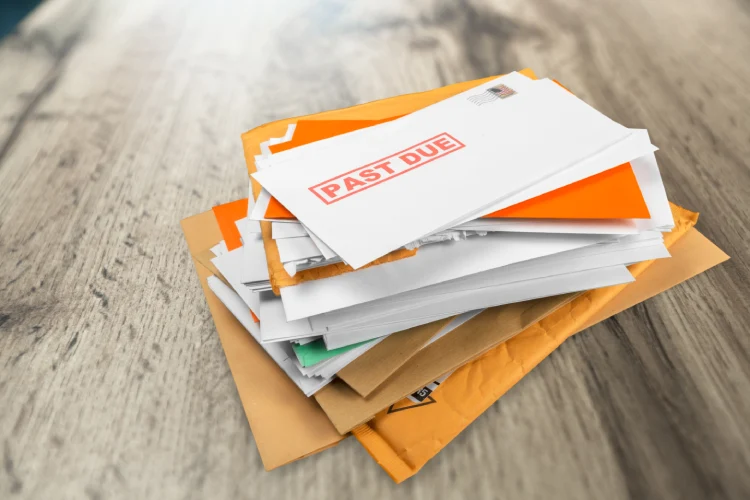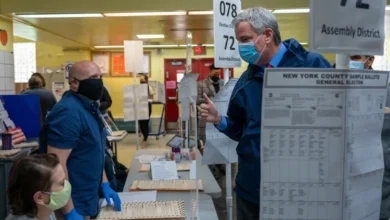
$58 Million in Medical Debt Forgiven for Over 43,000 Pittsburgh Residents
City of Pittsburgh Partners with Undue Medical Debt to Provide Relief Without Application Process
As part of a significant effort to reduce the burden of healthcare expenses, Pittsburgh’s medical debt relief initiative has eliminated over $58 million in unpaid medical bills for more than 43,000 residents. The effort, a result of a partnership between the City of Pittsburgh and the nonprofit Undue Medical Debt, was carried out without requiring applications from recipients.
The initiative was made possible by legislation introduced in 2023 by Councilman Bobby Wilson, who represents District 1. The legislation allowed the City of Pittsburgh to partner with Undue Medical Debt—previously called RIP Medical Debt—to locate and eliminate qualifying medical debt owed by local residents.
How It Works

Unlike many financial aid programs, this initiative did not require individuals to apply. Instead, Undue Medical Debt worked directly with hospitals, healthcare providers, and debt collectors to locate qualifying debts. The organization acquires these debt portfolios in bulk at significantly reduced rates—often for a fraction of a cent per dollar owed—and then abolishes them completely.
To be eligible for the debt relief program, individuals had to reside within the City of Pittsburgh and meet one of two financial thresholds: having a household income ranging from 0% to 400% of the federal poverty level, or carrying medical debt equal to at least 5% of their annual earnings.
There was no application process—residents who met these standards were identified through existing healthcare and debt databases. Beginning this week, those eligible will receive official notifications from Undue Medical Debt specifying which of their medical debts have been erased.
Addressing a Growing Concern
Councilman Wilson emphasized the urgent need for such action, particularly given the rising cost of healthcare and recent policy shifts at the federal level.
“With healthcare costs continuing to climb and uncertainty around Medicaid eligibility, this debt relief provides timely support,” Wilson said. “The recent reversal of federal efforts to remove medical debt from credit reports only increases the pressure on struggling families. This program helps to reduce that burden.”
Undue Medical Debt, a Boston-based nonprofit, has eliminated over $20.3 billion in medical debt across the United States to date. The organization’s model focuses on relieving medical debt for people least able to pay, thereby improving both financial stability and access to healthcare.
“Medical debt doesn’t just affect a person’s credit—it affects their willingness to seek treatment,” said Allison Sesso, President and CEO of Undue Medical Debt. “This partnership with Pittsburgh is a strong example of how local governments can directly improve residents’ financial and physical well-being.”
What’s Next for Recipients?
The debt relief is already in motion. Affected residents don’t need to take any action; notification letters will arrive automatically. While the forgiven debts will no longer appear as owed, recipients are encouraged to monitor their credit reports for updates over the coming months.
The Pittsburgh initiative adds to a growing number of cities working with nonprofits to address the national issue of medical debt. According to the Consumer Financial Protection Bureau, millions of Americans carry medical debt, often leading to delayed care, financial strain, or long-term credit damage.
By tackling this issue at the municipal level, Pittsburgh sets a precedent for proactive governance in addressing healthcare-related financial stress.




